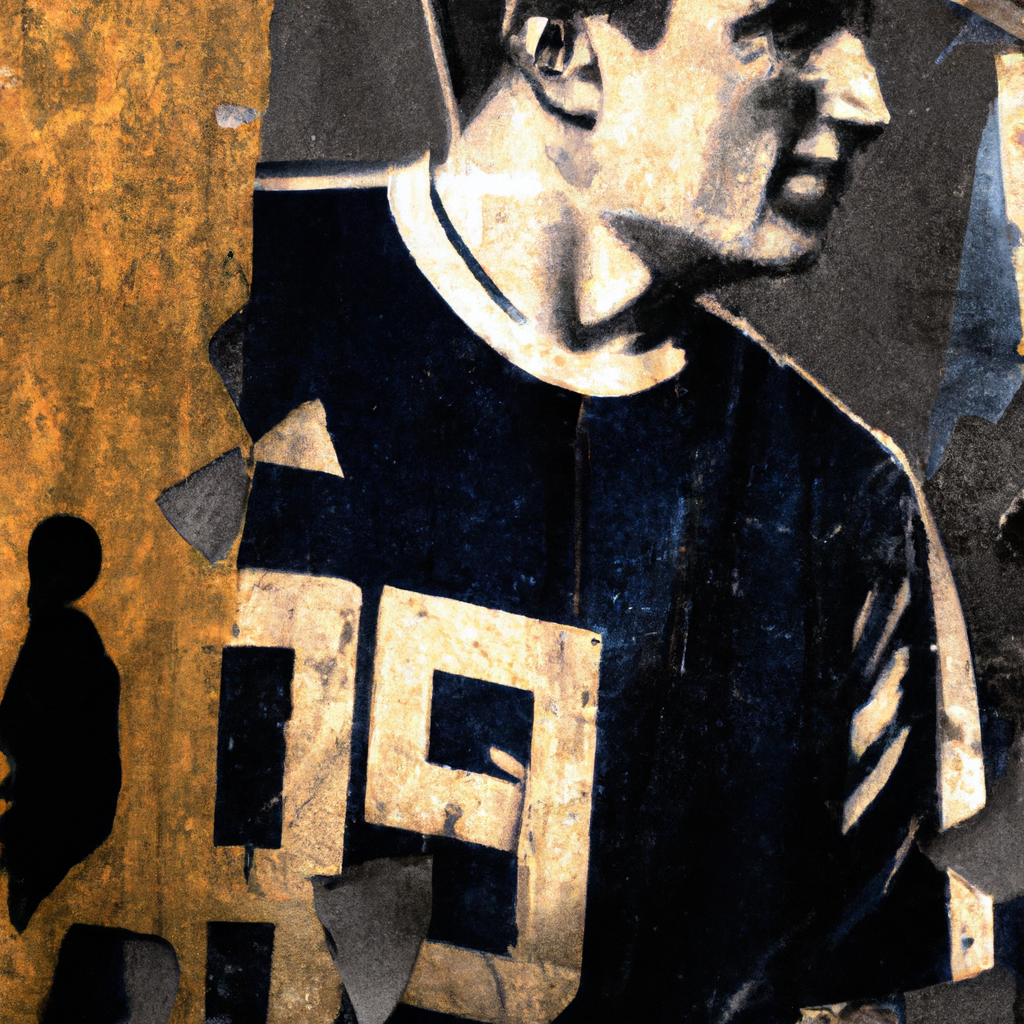Case Introduction: The headline reads like a tragic tale from a Dickensian novel, yet it’s set against the backdrop of modern football. A former Manchester City player, once basking in the glory and glamour of the Premier League, now finds himself living in council housing, surviving on £489-a-month benefits. His story is not just about personal downfall but hints at a larger narrative of financial mismanagement and systemic exploitation in the world of sports.
The Evidence: Eike Immel’s financial demise is a cautionary tale. Having earned millions during his career, his current predicament raises eyebrows and questions about the mechanisms of wealth dissipation among athletes. The Guardian reports, “Immel’s financial woes began with a series of ill-advised investments and a lifestyle that far outpaced his income.” But is it merely a tale of personal folly? Or are there invisible hands at play?
The Pattern: The world of professional sports is a high-stakes game, and not just on the field. It’s a microcosm of larger economic systems where players are commodities traded for profit. Financial advisors, agents, and investment firms often circle like hawks, offering opportunities that promise high returns but come with hidden risks. Immel’s story fits a pattern seen in other high-profile athletes who, despite earning millions, end up in financial ruin.
Why It Matters: Beyond the personal tragedy, Immel’s story exposes the broader issues of athlete exploitation and financial literacy. The lack of proper financial guidance leaves many athletes vulnerable to poor decision-making, often resulting in bankruptcy. It reflects a systemic issue within the sports industry where the focus is on immediate gain rather than sustainable financial health. This raises ethical questions about the responsibility of clubs and agents towards the financial education of players.
Sources:
- Reuters on football finance
- Financial Times on athlete bankruptcy
- UK Government on financial literacy in sports
Salt Angel Blue Verdict: Manipulative — The narrative emphasizes personal failure but glosses over systemic issues within the sports industry that contribute to such outcomes.





